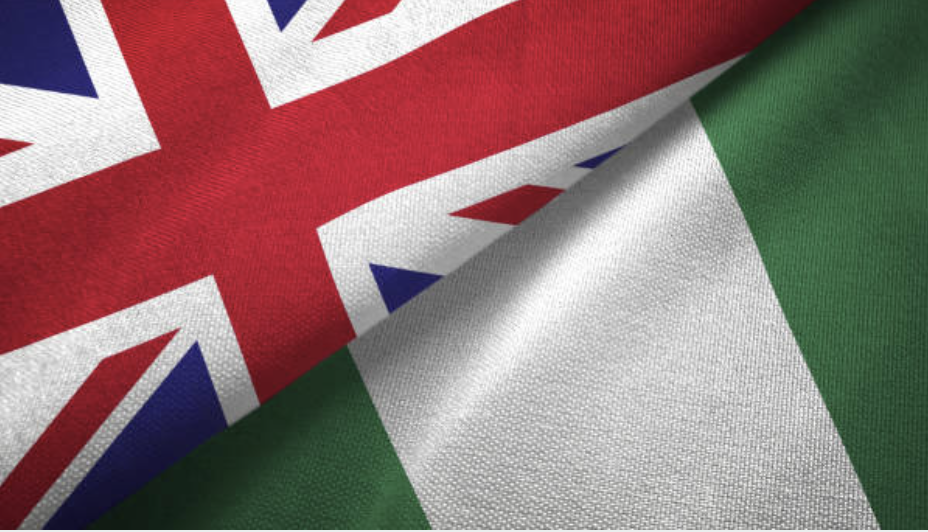The United Kingdom and Nigeria have reaffirmed their commitment to boosting trade relations and fostering economic growth through the implementation of Nigeria’s National Quality Policy under the Standards Partnership Programme (SPP) – Phase II.
This initiative, aimed at eliminating technical trade barriers and improving regulatory compliance, was announced in a statement from the British Deputy High Commission in Lagos on Monday, March 3.
Launched in June 2024, the SPP – Phase II seeks to enhance the competitiveness of Nigerian exports and facilitate trade between the two nations by strengthening quality infrastructure.
The programme is a joint effort between the British Standards Institution (BSI) and Nigeria’s National Quality Council, with backing from the UK Foreign, Commonwealth & Development Office (FCDO).
Key areas of focus for the programme include improving standardisation, accreditation, conformity assessment, inspection, testing, and metrology services, all of which are essential for increasing trade capacity, attracting investment, and aligning with global standards.
A pivotal event in this initiative was the National Quality Policy Matrix Implementation Training-of-Trainers Workshop, held in Lagos and Abuja last week.
The workshop brought together stakeholders from both the public and private sectors to discuss capacity building for quality compliance, with a particular focus on the critical role of metrology in ensuring accurate measurements, calibrations, and certifications of goods.
In his keynote address at the Abuja event, the Secretary to the Government of the Federation, Senator George Akume, emphasised the importance of a robust National Quality Infrastructure (NQI) in Nigeria’s economic diversification.
READ ALSO: UK, France suggest partial one-month truce between Russia, Ukraine
He noted that improving systems related to standards, metrology, and accreditation would play a crucial role in boosting non-oil exports, creating jobs, and strengthening the value of the naira.
“A strong National Quality Infrastructure is essential for Nigeria’s economic diversification agenda, Improving our standards, metrology, and accreditation systems can boost non-oil exports, create jobs, and strengthen the naira. This partnership with the UK is a major step forward in achieving these goals.” said Akume.
Osita Aboloma, the Chairman of the National Quality Council, also welcomed the initiative.
He emphasised the need for collaboration between stakeholders to meet Nigeria’s quality and trade objectives. Aboloma highlighted that an effective quality infrastructure would not only support the government’s economic agenda but also improve Nigeria’s competitiveness in global markets.
“An effective quality infrastructure will not only support the Federal Government’s economic agenda but also enhance the competitiveness of Nigerian products and services in global markets,” Aboloma said.
The workshop also focused on the vital role of data-driven quality policy implementation.
Discussions centred on the importance of metrology, accreditation, and conformity assessments in ensuring that Nigerian exports meet international standards, thereby reducing rejections and increasing market access.
Simeon Umukoro, the Trade Market Access Lead at the UK Department for Business and Trade, reaffirmed the UK’s commitment to supporting Nigeria’s efforts to diversify its economy and improve trade.
He stressed that strengthening Nigeria’s National Quality Infrastructure would unlock new opportunities for innovation and growth in both countries.
“The UK is committed to Nigeria’s economic diversification and trade growth. Strengthening the National Quality Infrastructure is critical to unlocking opportunities for innovation and growth in both nations,” Umukoro stated.
The UK and Nigeria have long maintained strong trade ties, with Nigeria currently ranked as the UK’s 38th largest trading partner.
This collaboration is expected to help align industrial and machinery standards, improve regulatory cooperation, and further solidify Nigeria’s role as a Digital Trade Champion under the African Continental Free Trade Area (AfCFTA).



